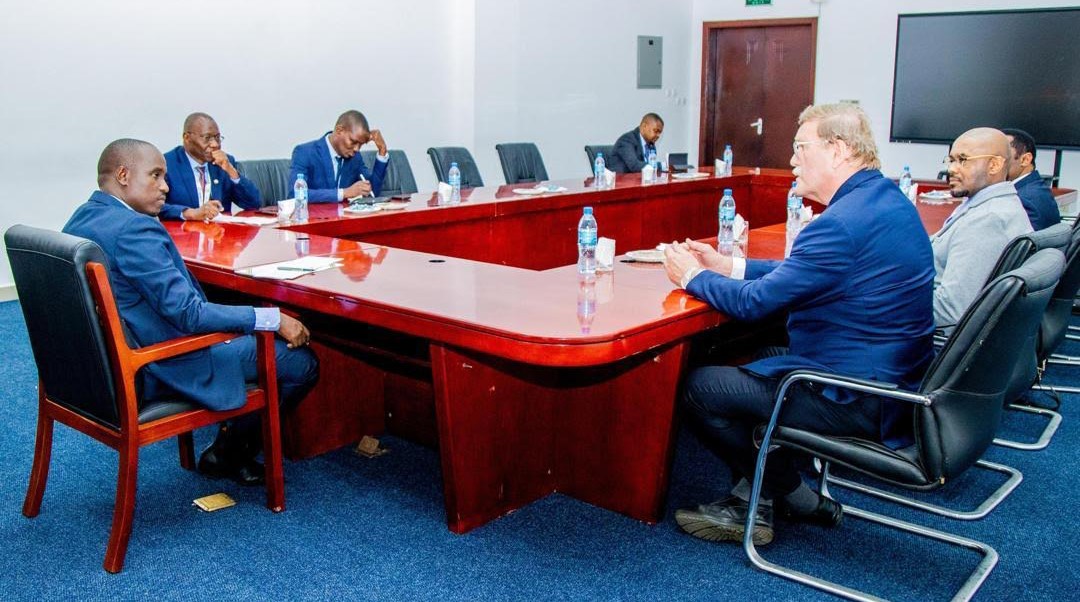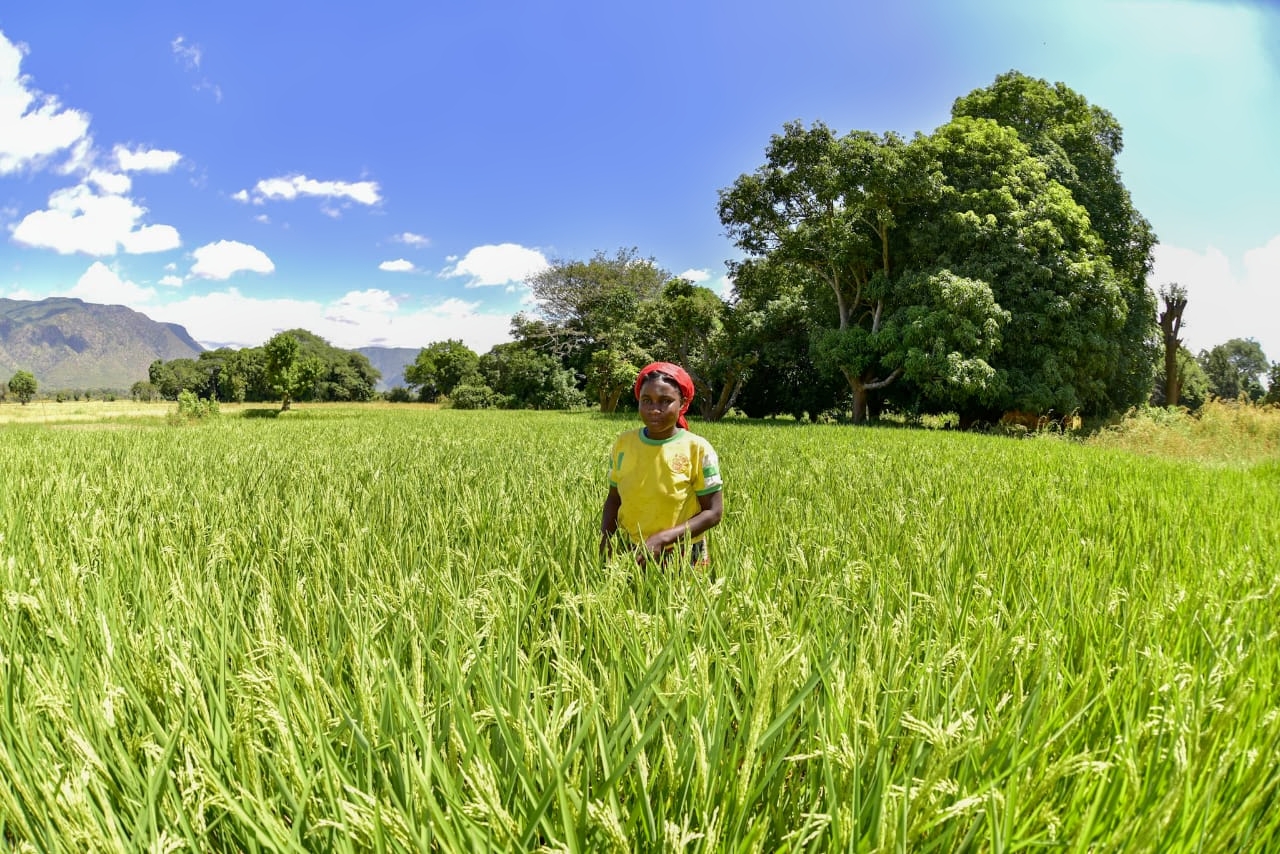Stakeholders urge Magufuli to revamp the health sector

President John Magufuli
What you need to know:
In separate phone interviews with The Citizen on Tuesday, the president of the Medical Association of Tanzania, Dr Bill Haonga, and the executive director of a health advocacy organization, Sikika, Mr Irenei Kiria, commended Dr Magufuli for his impromptu visit to Muhimbili National Hospital (MNH) on Monday.
Dar es Salaam. President John Magufuli has been advised to increase and manage the funds channelled to the health sector as a crucial way of solving the woes plaguing it.
In separate phone interviews with The Citizen on Tuesday, the president of the Medical Association of Tanzania, Dr Bill Haonga, and the executive director of a health advocacy organization, Sikika, Mr Irenei Kiria, commended Dr Magufuli for his impromptu visit to Muhimbili National Hospital (MNH) on Monday.
Dr Haonga said it was a good gesture to see Dr Magufuli touring Muhimbili, however, he said more critical problems were in the lower level hospitals. “Things like maintenance of CT-scan and MRI machines that he addressed at MNH need funding. If there were adequate budgets and timely fund channelling, the machines could have been maintained in time. Now we would be talking of having the same machines in other regions like Mbeya and Mwanza,” said he.
According to him it is now time to implement the 2001 Abuja Agreement where African Union members pledged to increase government funding for health to at least 15 per cent of their national budget.
“Currently, we are talking of seven to eight per cent and that is still not enough. One year during former president Benjamin Mkapa’s era the health budget reached 11 per cent of the national budget and things really improved,” said Dr Haonga adding: “When we get to that point, we believe, even the demands of health workers for things like risk allowance, hardship allowance to those working in remote areas and better working tools will be addressed.”
He also said the government should reduce referrals to foreign hospitals which are very expensive and invest the money in local health facilities.
For his part, Mr Kiria said providing the funds alone would not be enough and Magufuli’s government will have to ensure there is a professional and accountable management of public health services in the country. “In the last five or so years there has been a surge in corruption practices in the sector. Speaking of the shortage of medical supplies in public hospitals, the solution would not be providing more money, but rather understanding and dealing with complex networks that are creating and benefiting from the shortage.”
Mr Kiria said President Magufuli should also find time and sit down with experts in the health sector to get more insights of the challenges they face.
“He addressed some of the problems in his campaigns, but now that he is the President he needs to get more into the sector which is in dire need of his attention. He needs more than anything the views of practitioners on how to go about the sector and serve well the community,” he opined.




